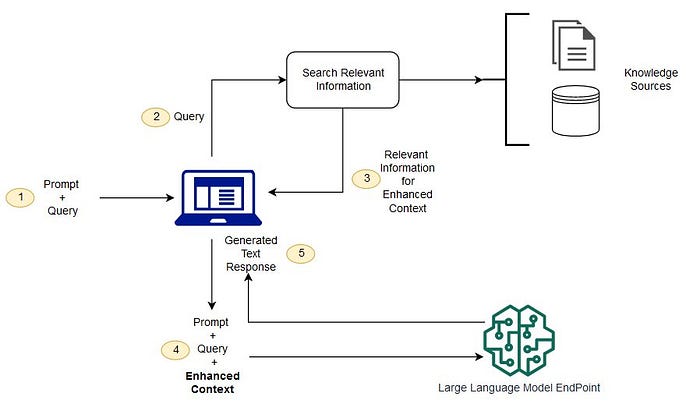| SQL Server 2008 has been around long enough to be considered both a known, stable quantity and a big question mark for many businesses. That question is often, "Should we migrate?" First off, if you are implementing a new SQL Server installation and do not need a specific older version for compatibility reasons, you should buy SQL Server 2008. If you still use SQL Server 2000 or an older version and don't face compatibility hurdles, you should migrate. But the question becomes more complicated for businesses running SQL Server 2005 that have no particular technical barriers that absolutely prevent a migration. What should they do? It depends on the applications you run
Businesses use SQL Server in two distinct scenarios. The first is to support third-party applications that require SQL Server, and the second is to support internally developed applications. In the first instance, moving to SQL Server 2008 is advisable only if a few conditions hold true. First and foremost, confirm that your application vendor supports SQL Server 2008. Second, migrating is useful only when you have enough control over the application to take advantage of SQL Server 2008's important new features. SQL Server 2008 isn't so much of an improvement over SQL Server 2005 that you will experience a huge benefit just from migrating. To derive a business benefit, you need to leverage its new features. With many third-party applications, you have zero control over things like the database schema, file groups, index deployment and so forth. Unless the vendor releases a version of its application that leverages SQL Server 2008, there isn't much point in putting yourself through the migration process. An exception, perhaps, is when you deploy a new SQL Server computer while also moving from an existing 32-bit SQL Server installation to a new x64-based machine. Moving from 32- to 64-bit offers major performance advantages, and unless you specifically need SQL Server 2005, you might as well upgrade to the newest version. If you are in control of applications
If you use SQL Server to support a custom application, or if you exercise significant control over a third-party application (such as making schema changes and so forth), migrating from SQL Server 2005 to SQL Server 2008 can offer performance advantages, enable new capabilities, and make life easier on your developers. Some of the key new features include the following (though the Microsoft site offers a complete list of new features in SQL Server 2008): - Using data compression to save disk space. Granted, these days this capability has become less urgent but in some instances -- such as servers in a branch office -- disk space can still be precious.
- Support for the ADO.NET Entity Framework and Entity Data Model can facilitate work with data in an object-oriented fashion. This, however, is more important to new applications than to existing ones, which aren't likely to be re-engineered to the degree necessary to take advantage of these features.
- Some important limitations in the embedded .NET Common Language Runtime (CLR) have been overcome, such as limits on user-defined aggregates and user-defined types.
- New data types support spatial computing, such as the geography data type, geometry data type, and Virtual Earth integration.
- FILESTREAM data types allow large blocks of data -- such as photos or files -- to be moved outside the main database pages and into file system files that are faster to access and help trim the main database files .
Reasons to migrate, no matter what
There are a few additional reasons to upgrade to SQL Server 2008, all of which involve server-level improvements that aren't necessarily performance-related. SQL Server 2008 offers certain reliability and availability improvements, such as the following: - SQL Server 2008's database mirroring is more robust and, in my view, easier to configure and manage.
- Policy-based management can be a tremendous feature for improving the consistency of SQL Server's configuration and ongoing management, especially with compliance or other restrictive requirements.
- A new data auditing feature that provides more granular auditing of SQL Server activity.
- Transparent Data Encryption (TDE) lets you turn on encryption without requiring massive application-level changes and can help meet specific security and compliance requirements.
- The data collector helps make performance management and tuning easier and more centralized.
- The Resource Governor gives administrators central control over CPU and memory allocation, which is useful for servers that host multiple databases and experience significant resource contention between those applications.
- If you manage multiple servers, Server Group management enables you to run T-SQL queries against multiple servers simultaneously from a central management server. This makes server farm management easier and more consistent.
The bottom line: Is an upgrade worth it?
If some of SQL Server 2008's new features appear compelling or solve your IT shop's specific problems and if migrating your applications doesn't pose compatibility issues, the move to SQL Server 2008 is worth it. If you're already on SQL Server 2005 and do not consider the new features necessities, there may not be a justification to move at this time. By 2010 or 2011, Microsoft will likely release another version of SQL Server (this predication is based on Microsoft's history, not any inside knowledge), so an upgrade to SQL Server 2008 may be optional if you're not going to use its new features to solve business problems. |
![]()
![]()

No comments:
Post a Comment